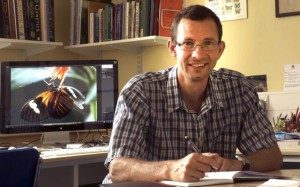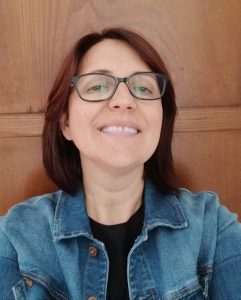 Chris Jiggins
Chris Jiggins
University of Cambridge
Hybridisation and introgression shape adaptation and species divergence in the Lepidoptera
Biosketch:
Professor at the University of Cambridge since 2014. Chris Jiggins started working on Heliconius butterflies in 1993, when he started his PhD with Jim Mallet at University College London, UK. He is particularly interested in studying how species converge due to mimicry, as a model for understanding the predictability of evolution, and the genetic and ecological causes of speciation. His lab has been approaching this problem from different angles, including evolutionary developmental biology of wing patterning, the genomic architecture of adaptation and divergence, and performing behavioural and ecological studies in the field. Find out more about his research and publications here.
Isabel Henriques
University of Coimbra
Role of the environment in the evolution of antibiotic resistance
Biosketch:
Isabel Henriques is an Assistant Professor at the Department of Life Sciences, Faculty of Sciences and Technology, University of Coimbra. She is also a member of the Centre for Environmental and Marine Studies, where she leads the “Microbial and Cell Biology Lab”. She earned her PhD in Biology in 2006 from the University of Aveiro. Her research has been oriented to address the ecology of antibiotic resistance in the environment, based on the assumption that the environment plays a relevant role on the spread of resistance. She has been interested in the mechanisms of transfer and evolution of antibiotic resistance, and how environmental and anthropogenic factors affect these mechanisms. A main interest has also been the impact of global changes in the microbiome (including soil and water microbiome) and microbiomes’ role in adaptation of organisms (plants and animals) to stressors.
